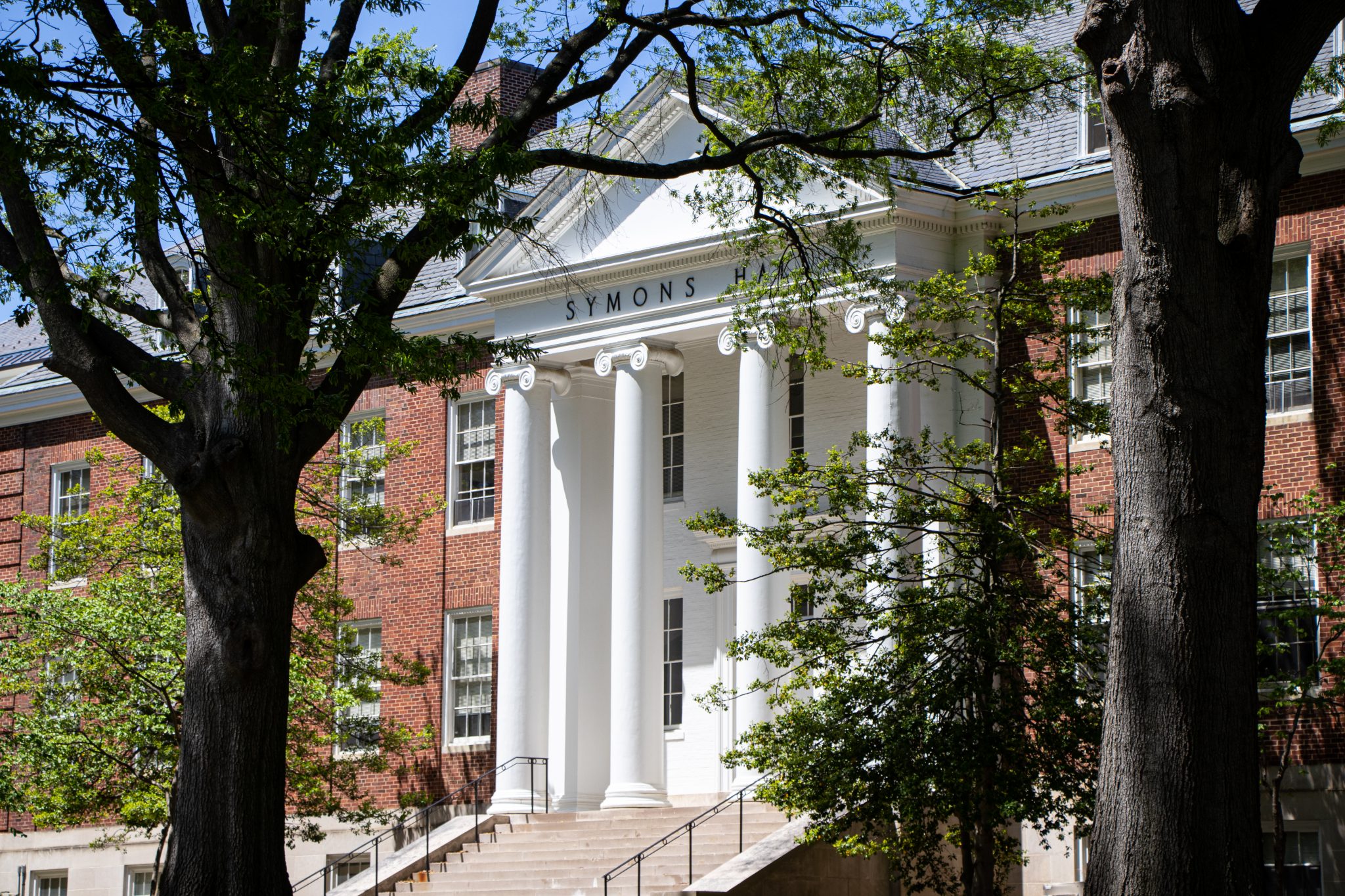The University of Maryland computer, mathematical and natural sciences college received a $500,000 grant on Nov. 30 to improve instruction in introductory undergraduate science courses.
The college will use the money to modify courses to help students build confidence and succeed during their tenure at the college. The grant was awarded to more than 100 other colleges and universities in the country from the Howard Hughes Medical Institute, according to a news release.
The college hopes to source student feedback through learning communities that will meet a few times during the semester to talk about ways faculty and staff can better understand issues in science, technology, engineering and math classes, Kaci Thompson said, the assistant dean for science education initiatives in the college. Different representatives from departments across the college will also look at student experience in the classroom and their success in the course.
[Dr. Amitabh Varshney named interim research VP at UMD]
Professors who decide to be part of the project will receive a stipend, Thompson said. The college is at the beginning stages of recruiting faculty. They hope to start with 20 faculty members by the spring semester.
While the plans for the grant money aren’t completely solidified, Thompson noted that there are plans to partner with the Teaching and Learning Transformation Center and the learning center within the college to provide diverse teaching strategies and course plans.
Richard Strucko, a junior computer engineering major, hopes that the college will allocate some funds for tutoring and restructuring class material to be more manageable.
In CMSC216, Introduction to Computer Systems, the test structure is different than what students learn in class, Strucko said. In CHEM135, General Chemistry for Engineers, Strucko recalled the professor saying that they expected class averages in the 60s.
[UMD breaks ground for Stanley R. Zupnik Hall interdisciplinary engineering building]
“If you’re creating a class where people are going to fundamentally perform a grade that are considered below [passing], you should probably restructure how you teach the material,” Strucko said.
Matthew Simmons, a senior mathematics and computer science major, said student-teacher cooperation can be improved. If something in the class does not make sense, students need to be able to talk to the professor so there can be adjustments to how the professor is teaching.
“They don’t really talk to the students or care about how the students feel about the course or topics,” Simmons said. “It helps us students learn the most.”
The project aims to have representatives from all departments at the college participate to determine how students are able to complete the courses and if they are engaged, included and supported in their learning, Thompson said.
In the future, the college hopes to work with groups of faculty members from a single department where a lot of issues may be shared, Thompson said. This would make it possible for faculty to work together on similar approaches.
“There are lots of different ways to empower students to succeed,” Thompson said. “Each faculty member needs to weigh all those different approaches and what fits best.”



